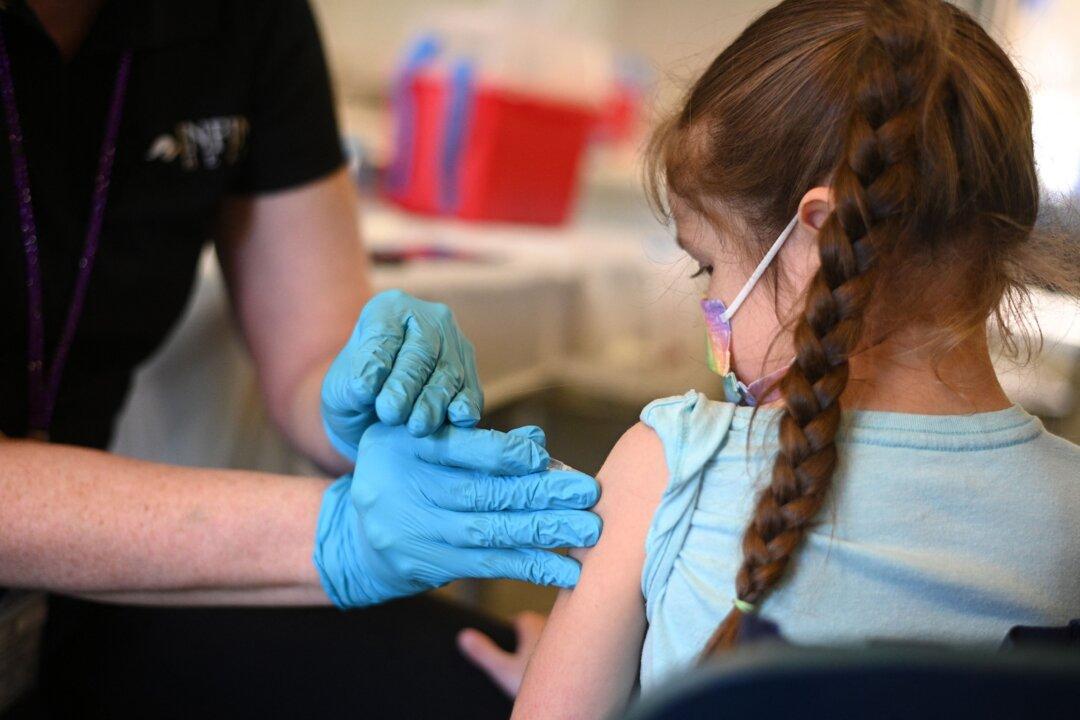A federal judge ruled late last month that a group of Maine health care workers who have a lawsuit challenging the state’s COVID-19 vaccine mandate pending before the U.S. Supreme Court cannot remain anonymous.
In a May 31 ruling, Maine Chief U.S. District Judge Jon Levy gave the nine workers in Maine, mostly nurses, until June 7 to file an amended complaint identifying themselves by name for the suit to continue.




